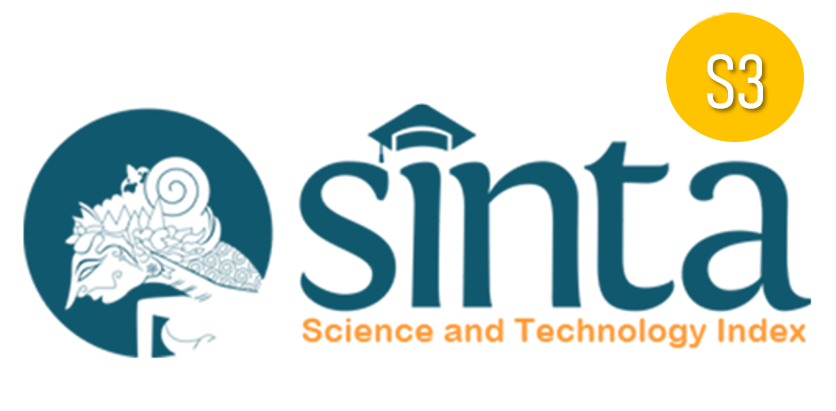Development and Validation of Digital Photo Series for the Teaching of BT in Ilorin, Nigeria
Abstract
Keywords
Full Text:
PDFReferences
Amosa, A. A. (2013). Effect of community resources on junior secondary schools’ performance in BT in Ilorin, Kwara State, Nigeria. Journal of Education in Developing Areas, 21(1), 214-221.
Babafemi, T. O. (2000). Technology education through improved performance in introductory technology in Nigeria. Ilorin Journal of Vocational and Technical Studies, 2(1) 97-103.
Barry, A.M. (2001). Faster than the speed of thought: Vision, perceptual learning, and the pace of cognitive reflection. Journal of Visual Literacy, 21(2), 107-122.
Biletska, I. O., Paladieva, A. F., Avchinnikova, H. D. and Kazak, Y. Y. (2021). The use of modern technologies by foreign language teachers: Developing digital skills. Linguistics and Culture Review, 5(S2), 16-27.
Chima, T. S. (2021). Basic science curriculum and development in Nigeria: Post covid-19 challenges and prospects. Unizik Journal of Educational Research and Policy Studies,7, 100-114.
Ghulam, S., Khuram, S. H., Naqvi, H. and Nadeem, I. (2015). Impact of visual aids in enhancing the learning process case research: District Dera Ghazi Khan. Journal of Education and Practice, 6(19), 226-233.
Odu, O. K. (2013). Improvisation of instructional materials for introductory technology: The delta state experience. Journal of Research in Education and Society, 4(2), 9-16.
Okenjom, G. P., Ogar, C. E., Akolo, L. and Abidde, E. F. (2016). The status of BT in cross river state junior secondary schools, Nigeria. African Research Review, 10(3), 124-131.
Olaniyan, D. A. and Ojo, L. B. (2008). Staff training and development: A vital tool for organizational effectiveness. European Journal of Scientific Research,24(3), 326-331.
Petterson, R. (2004). Gearing communications to the cognitive needs of students: Findings from visual literacy research. Journal of Visual Literacy, 24(2), 129-154.
Spence, E., Cox, E. and Pidgeon, N. (2021). Exploring cross-national public support for the use of enhanced weathering as a land-based carbon dioxide removal strategy. Climatic Change, 165(1), 1-18.
DOI: https://doi.org/10.17509/ijert.v1i3.38760
Refbacks
- There are currently no refbacks.
Copyright (c) 1970 Universitas Pendidikan Indonesia

This work is licensed under a Creative Commons Attribution-ShareAlike 4.0 International License.







.png)




